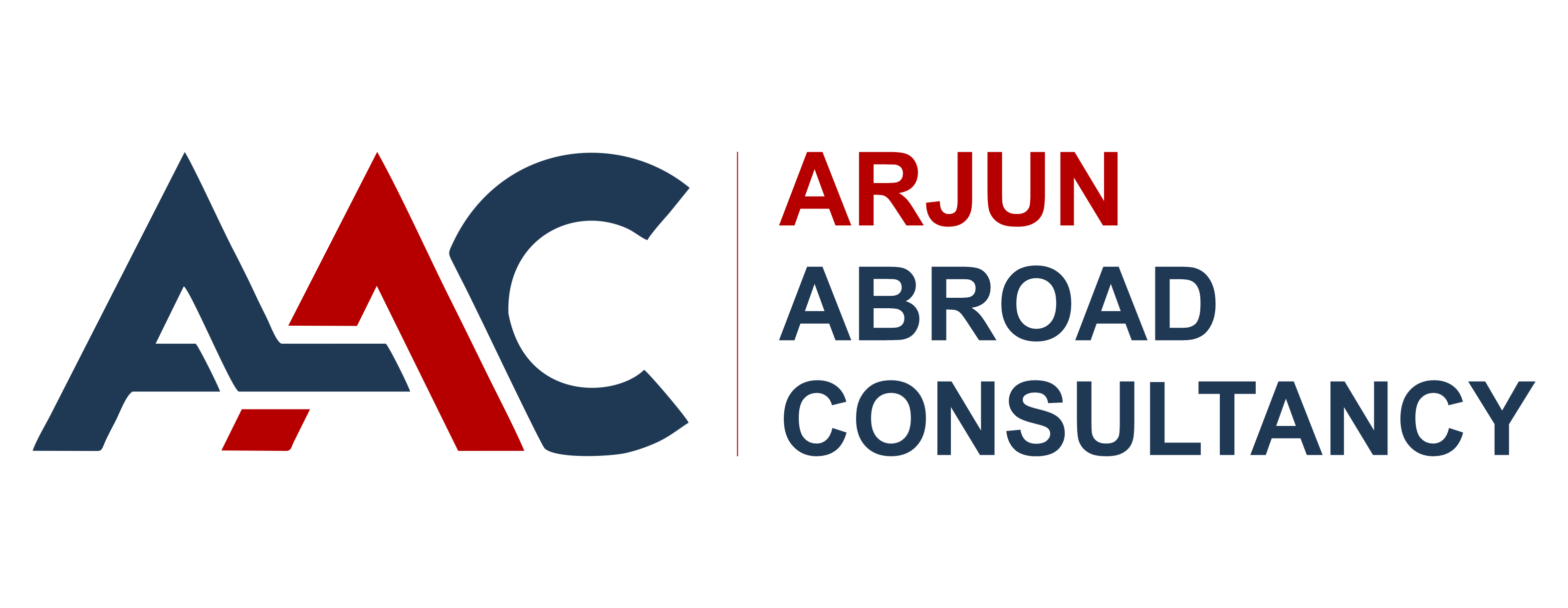Canada Study Visa Consultants | Student Visa For Study In Canada
Studying in Canada as an Indian student involves several steps, from choosing a program and university to obtaining a study permit.



Study in Canada
Education System in Canada for Indian Students :
Studying in Canada as an Indian student involves several steps, from choosing a program and university to obtaining a study permit. Canadian universities and colleges welcome a diverse range of students, and the application process is relatively straightforward. Here's an overview of how the education system in Canada works for Indian students:
Choosing a Program and Institution: As an Indian student, you can explore a wide variety of programs and institutions in Canada. Research universities, colleges, and programs that align with your academic and career goals. Consider factors such as program content, location, reputation, and available scholarships.
Language Proficiency: English or French proficiency is usually required for admission. Most programs are offered in English. You may need to take language proficiency tests like IELTS, TOEFL, or others unless you have completed previous education in English.
Admission Requirements: Each institution and program sets its own admission requirements. Generally, you'll need to submit your academic records, a statement of purpose, and possibly a resume or portfolio.
Application Process: You can apply the institutions of your choice directly through their online application portals. Keep checking application deadlines, which can differ depending on the program and level of study.
Acceptance and Offer Letter: If your application is successful, you'll receive an offer of admission from the institution. This offer letter will detail the conditions of your admission, program details, fees, and other important information.
Study Permit Application: To study in Canada, you'll need a study permit. Apply for a study permit through the Immigration, Refugees and Citizenship Canada (IRCC) website. You'll generally need a copy of your acceptance letter, proof of funds, a valid passport, and possibly biometrics.
Biometrics and Medical Examinations: You might need to provide biometrics (fingerprints and photo) and undergo a medical examination depending on your country of origin and the length of your stay in Canada.
Funding and Scholarships: Determine the costs of tuition, living expenses, and other associated costs. Research scholarship opportunities are available to international students, both from the Canadian government and the institutions themselves.
Arrival and Orientation: Plan your travel to Canada and attend any orientation programs offered by your institution. This will help you get familiar with the campus, academic expectations, and student life.
Health Insurance: Health insurance is essential while studying in Canada. Many provinces require international students to have health coverage. Some institutions offer health insurance plans, while others may require you to purchase coverage separately.
Settling In: Upon arrival, you'll need to complete any necessary administrative processes, such as getting a Social Insurance Number (SIN) if you plan to work part-time during your studies.
Why study in Canada is a great option for Indian Students?
Going to Canada for studying is a favorable and appealing option for Indian students, due to a variety of factors that contribute to a top-quality education and a fulfilling student life experience. Canadian institutions are renowned for their research contributions across various disciplines. Students have access to cutting-edge research facilities and can collaborate with leading researchers. Canada is a multicultural country that values diversity and inclusion. Studying in this environment provides students with exposure to different cultures, perspectives, and experiences.
Canada is known for being safe and welcoming. It has a low crime rate and is consistently ranked as one of the safest countries in the world.Canada offers a high standard of living with access to excellent healthcare, social services, and infrastructure.The country's natural beauty and outdoor recreational opportunities also contribute to a high quality of life. International students in Canada can work part-time during their studies and full-time during breaks. After completing their studies, they may be eligible for a post-graduation work permit, allowing them to gain Canadian work experience.
Why Arjun Abroad Consultancy is the best Consultancy service?
ARJUN ABROAD CONSULTANCY is the leading immigration consultancy in India. We serve as a perfect link between the Universities / Colleges and the aspiring students who dream of studying in a foreign land. We have a knowledgeable and professional staff, who always makes a genuine commitment.
Arjun Abroad Consultancy provides immigration consultancy services to a large number of people across India who aspire to live in another country. We serve as a perfect link between the student and the universities who dream of studying abroad.
We are well-ranked Internationally, specializing in different aspects of International Education, work with educational institutions, Governmental & Non-Governmental organizations.
We have tied up with best colleges so that you get the best study as well as the work permit when you go abroad. There is complete transparent work when your applying your file with us. We have the minimum charges so that your money wont be wasted.
FAQs about Canada
Usually, at the undergraduate level, little financial assistance/scholarship is available. However, at the graduate level, individual universities offer some scholarships based on students’ academic achievements.
International students can work only on the university/college campus. However, students may be allowed to work in Canada for up to one year, following completion of their graduate studies.
You may work for up to 20 hours per week within the campus when you study in Canada, but only if you attend a publicly-funded post-secondary institution. However, off-campus employment may be possible in the following cases:
- The intended employment is an essential and integral part of the course, such as a co-op placement (excluding accounting students, medical interns, or medical residents)
- The intended employment is related to an approved research or training program
You must inform officials at the port of entry that you are an international student; an immigration officer will then issue you a student pass. You must either leave Canada on or before the date of Visa expiry or have it extended by an immigration office in Canada.
University / Institute List In Canada

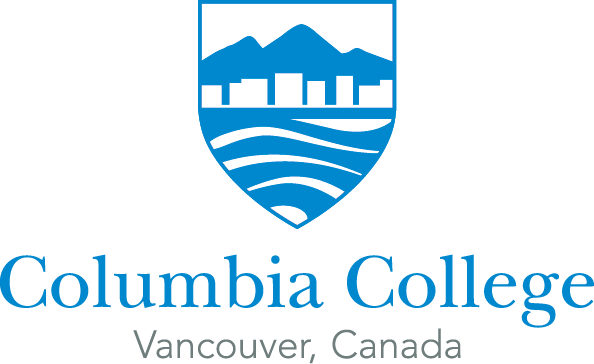


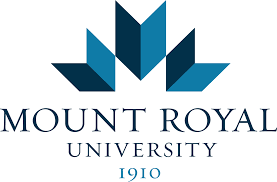
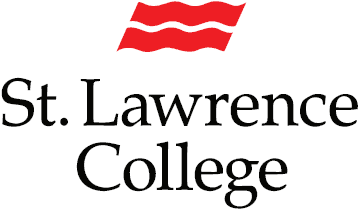
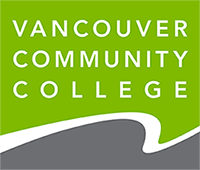




Got Questions
or Feedback?
Get in Touch Today
Contact Us
- SCO-80, Behind Bus Stand, Karnal Branch, Karnal-132001
- +91-9991000236
- Info@arjunabroad.com
